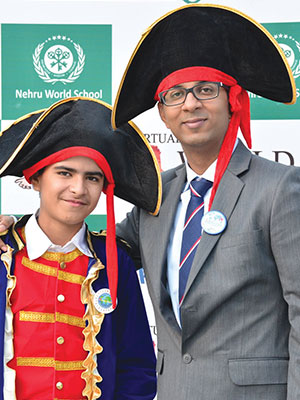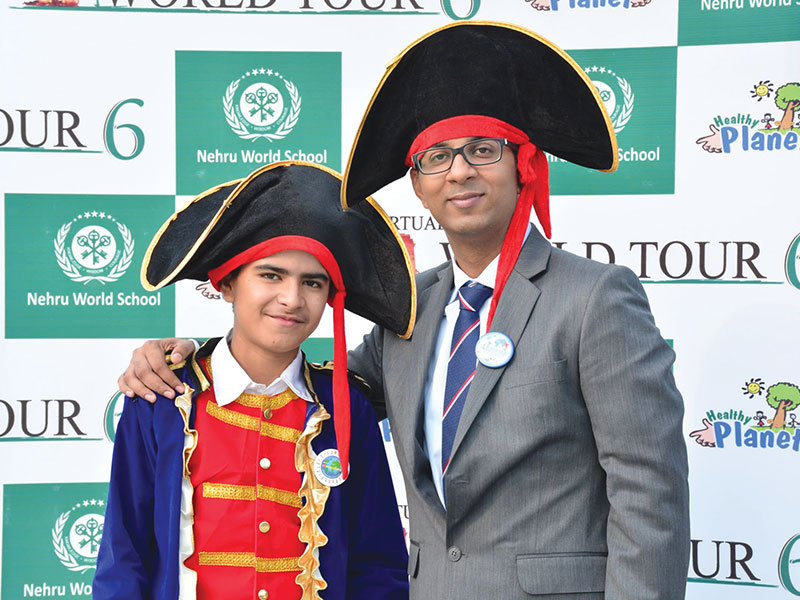
An alum of Delhi University and King’s College, London, Dr. Arunabh Singh is director-principal of the CBSE-affiliated Nehru World School, Ghaziabad (estb.1978), which has 1,540 students and 92 teachers on its muster rolls. A British Council School Ambassador, Singh is also a committee member of FICCI-Arise (Alliance for Reimagining School Education), an association of private school promoters affiliated with the Federation of Indian Chambers of Commerce & Industry (FICCI).
What is your assessment of NEP 2020 released last month?
NEP 2020 has the potential to radically change Indian education. But the devil is in the details of implementation. The most promising features of NEP 2020 are:
- Integration of vocational education into schooling. Ensuring all children learn at least one vocational skill is an achievable target.
- 360-degree holistic student assessment with inputs from teachers, students and parents is a fantastic idea. Teachers often succumb to teaching for examinations rather than skill building and hands-on learning. 360-degree report cards have the power to transform pedagogy in our classrooms.
- National professional standards for teachers gets my thumbs-up as well. However, I had hoped the policy would make way for investment of clean and patient capital in K-12 education. But this hasn’t happened. We have to wait for the next policy for this vision to become a reality.
Are you satisfied with the switch of K-12 schools to online/blended learning during the current Covid-19 crisis?
The Covid-19 pandemic has opened a new chapter in teaching-learning around the world. It has truly begun the era of Education 5.0 and the effect of this transition is here to stay. In the long run, it will ensure equity, access and sustainability in school education. A school will never have to close because of high levels of pollution or a procession marching through the city anymore; it will just go online.
The past few months have witnessed increasing government interference in fees and online education delivery. How much damage has this caused to private schools?
Unfortunately, state governments across the country have tried to ‘solve’ this challenge with their own limited understanding of the situation. Much pain could have been avoided if inputs were taken from stakeholders in education. Private schools and in turn teachers, have been negatively impacted and will face long-term challenges due to these impositions.
What are the major initiatives Nehru World School, Ghaziabad has taken recently to upgrade teaching-learning?
Our major recent initiatives are in the areas of active learning, assessment and blended learning. In the last academic session, 64 byte sized training sessions were conducted for our 92 teachers. We are happy to share our teacher training material with any school that would like to use it. Moreover to enable parents to develop a shared understanding of new teaching-learning practices, we have also conducted pedagogy sessions for parents.
Top 3 proposals for re-inventing India’s K-12 education system.
- Reform the assessment system to develop children’s higher order thinking skills.
- Improve teacher training and accountability.
- Promote self-regulation of schools, with clear guidelines.
